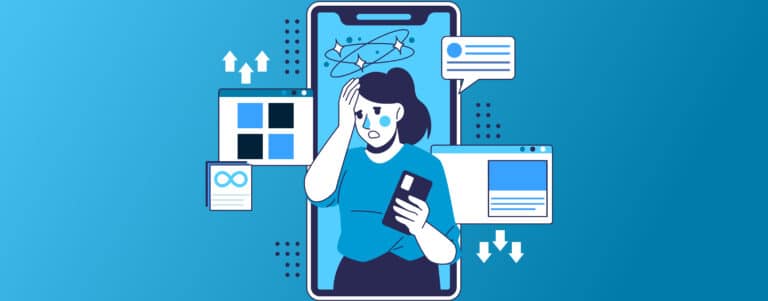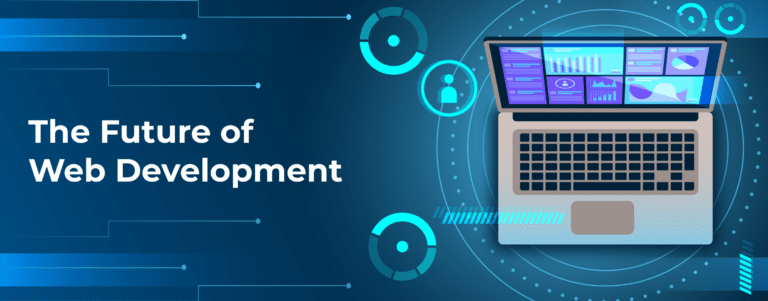Contents
As businesses race to stay competitive, the demand for faster, more efficient development has never been greater. AI tools provide the edge that businesses need to streamline their processes and achieve remarkable productivity gains. But what exactly makes AI so effective in driving business development?
AI’s ability to automate routine tasks, analyse massive data sets, and support intelligent decision-making is key to accelerating development. These tools offer businesses the opportunity to reduce manual effort and human error, enabling teams to focus on high-impact tasks that drive innovation and growth.
5 AI Tools That Transform Development Processes
A variety of AI tools are currently reshaping the development landscape, each offering unique capabilities that enhance different aspects of the development lifecycle. Below are some of the most essential tools that businesses are utilising to boost their development processes.
1. ChatGPT and subsequent generative AI models : Revolutionising Content Creation and Customer Service
One of the most impactful and accessible AI tools that opened up the world of content generation and smart queries is OpenAI’s ChatGPT. With its exceptional natural language processing abilities, GPT can automate customer service, create content, and support communications at an unprecedented level of efficiency.
GPT alternatives and AI models focused on specific niches continue to emerge at a rapid pace, each offering unique capabilities or more specialised applications. One such alternative, CustomGPT, is a no-code tool that uses your business content and data to build customer service agents for internal or external use.
While many of these tools are still in their infancy, they hint at a future where AI can be fine-tuned to solve highly specific business challenges in even more intuitive and powerful ways. These tools are helping businesses save time and resources by automating tasks and streamlining workflows — but with new solutions constantly entering the market, it’s essential for businesses to stay informed and identify the tools best suited to their specific needs and use cases.
2. Coding AI Assistants: Speeding Up Code Generation
AI-powered coding assistants are designed to reduce the time spent on routine programming tasks. Tools like GitHub Copilot, Tabnine and Microsoft’s Copilot suggest code snippets, fix bugs, and streamline repetitive processes, allowing developers to focus on more complex and creative aspects of their projects. This results in faster coding and smoother development cycles.
3. Meeting Transcription AI: Enhancing Team Collaboration
Transcription AI tools like Fireflies, tl;dv, and Otter.ai automatically capture meeting notes, ensuring that no vital information is lost. These tools can transcribe audio in real-time, freeing up teams from the task of manual note-taking and enabling them to focus on engaging in more productive conversations and strategic planning and even create summaries and action plans based on what was discussed.
4. AI Image Generation: Enhancing User Experience with Design
When it comes to user interface design, AI tools for image generation are revolutionising how businesses create visually appealing content. These tools help generate images, icons, and layouts that enhance the user experience without requiring expert design skills, speeding up the process of building visually rich applications. Besides the AI tools solely focused on image generation (like DALL-E, Leonardo AI, and Midjourney), plenty of platforms that already work with stock images or image editing are including AI image generation into their existing toolset, for example Adobe Firefly, Canva and iStock.
5. Data Processing and Visualisation Tools
AI tools like H2O.ai automate machine learning processes and predictive analytics, providing businesses with valuable insights from vast amounts of data, while tools like Tableau and Julius take care of data analysis insights and visualisation. This enables organisations to make data-driven decisions swiftly and accurately without needing specialised data science expertise.
Why AI is Essential for Accelerating Development?
At the heart of AI’s value in development is its power to automate and optimise — helping businesses move faster, make better decisions, and do more with less. By taking over repetitive, time-consuming tasks such as code generation, meeting transcription, and data analysis, AI frees up your team to focus on strategic work that truly drives innovation. Its ability to process vast volumes of data with remarkable speed and accuracy supports quicker, more informed decision-making — a critical advantage in today’s fast-moving digital landscape. When it comes to testing and quality assurance, AI tools can rapidly identify bugs and issues, streamlining the debugging process and maintaining high product standards with less effort. All of this leads to one of the most tangible benefits: time and cost savings. By streamlining workflows and reducing manual overhead, AI not only shortens development cycles but also allows businesses to reallocate resources more effectively, paving the way for scalable growth and a sharper competitive edge.
When Should Businesses Consider Using AI tools?
While AI has proven to be an invaluable asset, it’s not always the right solution for every project. Here are several factors that businesses need to consider before adopting AI tools:
The Need for Quality Data
AI requires access to high-quality, relevant data to function optimally. Without proper data, AI tools may underperform or even fail to provide useful results. Businesses must ensure they have the right data in place before implementing AI.
Highly Specialised Projects May Require Human Expertise
AI excels at automating repetitive tasks and analysing large datasets, but for highly specialised or niche projects, human expertise might still be necessary. It’s important to evaluate the complexity of a project and determine whether human skills or AI are best suited for the task.
Alignment with Business Objectives
AI tools should be aligned with clear business goals. Without a clear understanding of what you aim to achieve, AI applications may be misused or misdirected, which could result in wasted resources.
Budget Considerations
AI tools can be expensive, especially for smaller projects or businesses with limited resources. It’s crucial to assess whether the investment in AI is justified by the expected benefits and return on investment.
Tailored AI Solutions for Your Business Needs
At Digital Humanity, we don’t just talk about AI—we build it into the way we work. We collaborate closely with our clients to craft customised AI strategies that align with their goals and deliver real results. Whether you’re looking to speed up development cycles, boost your team’s productivity, or bring smarter functionality to your website or app, we make sure AI is used where it adds real value. That starts with taking the time to understand your business and tailoring solutions that fit your exact needs. We also ensure your data is clean, relevant, and set up for success—because great AI outcomes depend on great data. And as your business grows, our solutions grow with you. Scalability is always baked in, so whether you’re rolling out new features or scaling your operations, you’re covered. At Digital Humanity, we use AI to enhance every development hour, creating smarter solutions that get you to market faster, with more impact and less waste.










































